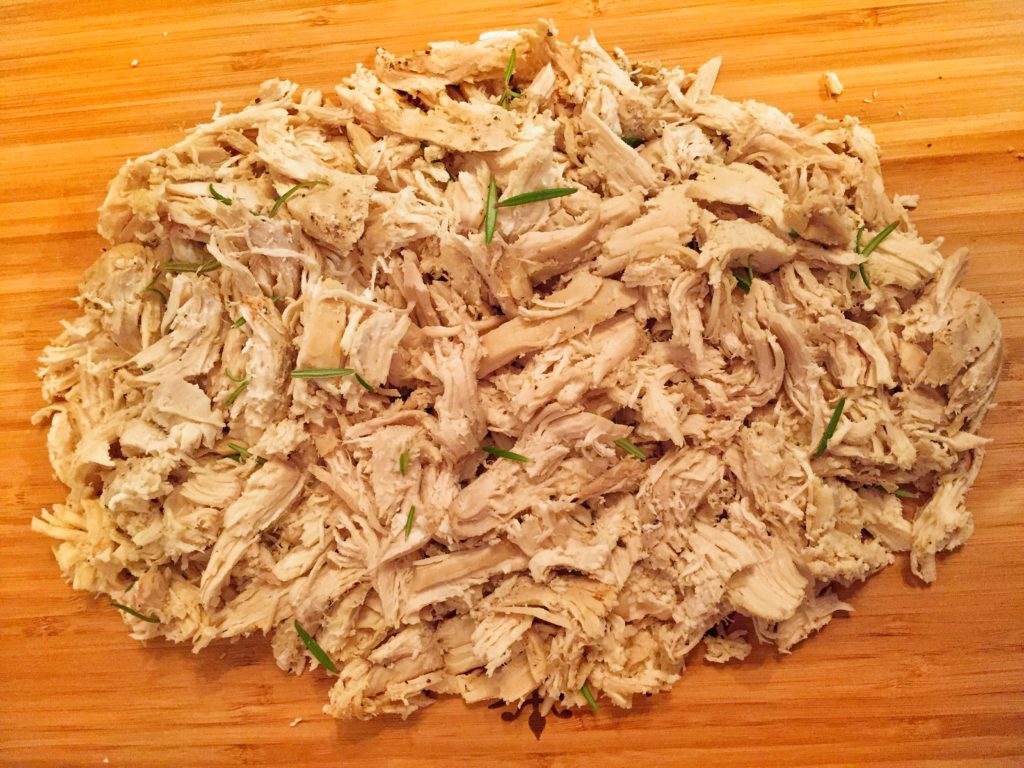Cooking at home is a fantastic way to save money. Eating out typically cost 3x as much as eating at home!
I made that stat up, but it feels right.
If you are going to follow through on any goal in 2025, it might as well make you money. So, for starters, make a goal to eat in more – at least five days a week. Save the weekend for eating out and spending money, and If you do that you are off to a phenomenal start. Follow through on these 10 economical grocery tips as we, and you’ll be rolling in the cash this year.

Pre-Shopping:
1. Plan Ahead
Make a list before you shop. Even if it is a mental list, it will help. Going into the grocery store without a plan is like snapping the football without picking a play, you are going to get sacked.

Make sure to have a couple recipe ideas for dinner, know what you want to pack for lunch, and bee-line it for those items.
If you choose to make a hard copy list instead of a mental one, there are plenty of apps out there to utilize. Although, the notes in your phone might be your best bet, or even just a pen and paper.
While Shopping:
2. Buy in bulk
This is kind of obvious, but buying in bulk will save you money.
This goes hand in hand with planning ahead. If you know what you are going to eat for the coming week, and coming weeks after that, you can buy in bulk confidently because you know everything will get used before it expires.
For this tip, steer clear of produce and steer towards grains and frozen items. Rice, quinoa, pasta, granola, oats and frozen vegetables are all good things to buy in bulk!
3. Shop the sales
Even though I just said it’s best to make a list, it’s also important to be flexible while you’re shopping; sales can often be a game changer. Be willing to swap out meats, vegetables, and other items that you had in mind for items that are on sale.
Also, did you know grocery stores still do weekly/monthly circulars? Is this 2025 or what?
I do not recommend jumping on that 19th century bandwagon because paper mail sucks, but there are a lot of new apps to utilize that can accomplish the same thing and help you plan around sales before you get to the store. Flipp, Cartwheel (for Target), and many other apps exist that you can utilize.
Last, apparently Wednesday is the best day for shopping sales? I don’t know how true that is, but it’s a rumor floating around that might be worth checking out.
4. Stick to the perimeter

This is not only good for saving money, but good for your health too. The middle of the store is full of junk food and drink that you don’t necessarily need. The perimeter is full of fresh produce, meat, dairy and 3-pointers.
Some junk food might seem cheaper on the surface, but I promise you this strategy will pay off in the long haul. The food in the perimeter of the store has much better food value. Which is a fancy way of saying that it’s better for you and you are getting more bang for your buck.
Remember though, this is not a hard and fast rule, sometimes the middle of the store is necessary! Nuts, grains, and more camp out there, including stuff to buy in bulk.
5. Don’t shop on an empty stomach
If you’re hungry you will buy more food, and most likely, food you don’t need.
Save yourself and your wallet and make sure to eat (or least snack) before going to the store. This will help you stick to your list and cut down on impulse buys.
6. Know when to buy organic
I’m all about spending your money wisely on premium food. As I previously mentioned, the perimeter is the place to be, but when it comes to Organic there is a time to buy, and a time not to.
Educate yourself and check out this article from Eating Well on the infamous dirty dozen and this one from Thrillist explaining when you should (and should not) spend a bit more (if you can).
After Shopping/While Cooking:
7. Cook in Bulk
Once you have everything you need, keep yourself honest and cook in bulk.
Cooking every day can be like a second job sometimes, so make sure you are eating in as much as possible by consistently stocking your fridge with good food. Try to make enough food for 2, 3 or even 4 meals every time you cook. This way you’ll have dinners (and/or lunches) for the next couple days and won’t have to worry about cooking (and cleaning) all the time.
Get started on this tip by whipping up my Slow Cooker Beer Chicken.
8. Do not waste food
The most important rule to cooking in bulk is to make sure you never waste food. Utilize your leftovers, always. Throwing away food is literally throwing away cash.

9. Get through the week
Eating in all week is a good way to guarantee you’ll save money. Pack lunches, use leftovers, and buy enough food to avoid expensive meals out.
Let’s take a nice stroll and walk through this quick math exercise:
- A to-go breakfast & coffee out costs about $5 on the low end.
- Lunch out will usually run you about $10.
- A nice dinner could cost upwards of $20-30, and a low-key dinner maybe $10. We’ll average it out at around $15.
Totaling $30.00 per day, and $150.00 per week! You can cook in for five days for $75. You can probably manage for $50 if you really have it together. I’ll be sharing a shopping list soon that will help you stay on the low end, but for now let’s use the higher number to stay conservative.
With that, you’re saving $75 per week by eating in. Which is a whopping $3,900 per year!
Overall:
10. Shop Economically!
The most important of the economical grocery tips is to shop economically overall. When you can not directly apply one of the tips above, make sure to shop these 4 staples wisely:
- Meat: I tend to spend the most on meat, usually opting for something thats about $5-8/lb. Try to stick in that range and you’ll end up with some quality meat that is not too expensive.
- Fruit: Bananas are the best fruit to buy at only $0.20 each on average. When it comes to fresh berries, find something on sale, otherwise opt for frozen.
- Vegetables: Fresh vegetables are very affordable, but the shelf life can be short. When frozen vegetables go on sale, make sure to stock up so you’re never left green-less.
- Grains: Buy in bulk, and take the time to cook them. Even if you cook more than what you need, grains can easily be heated up. The microwave rice is way overpriced.
That wraps it up. I hope you enjoyed those top 10 economical grocery tips for 2025.
